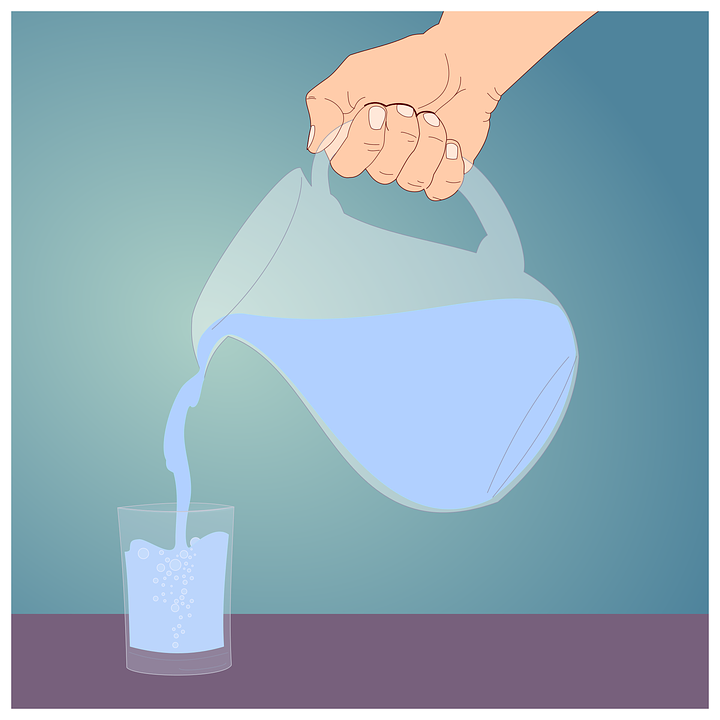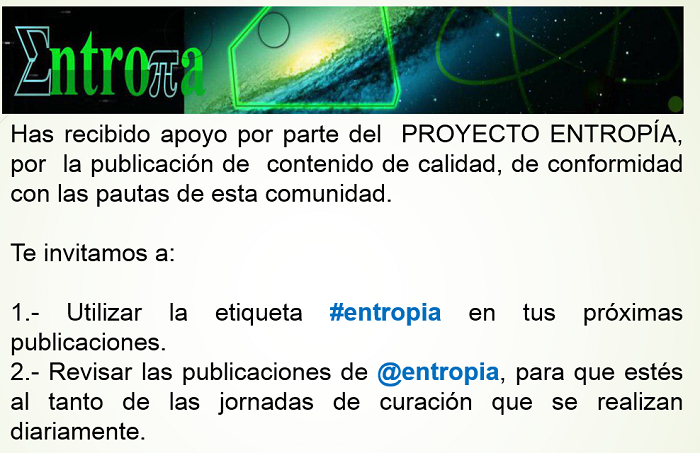Not long ago, we heard the tragic news of the submersible Titan that imploded during a tourist trip to the remains of the Titanic and took the lives of five people with it. During the days prior to the confirmation of what really happened, there was much speculation about whether the passengers would be alive trapped inside the ship, unable to communicate with the outside and in extreme survival conditions.
Many talked about the oxygen that was about to run out and that their search would be a race against time. The truth is that not only the exhausted oxygen was a problem, but also the cold and the lack of water. These could have killed the passengers long before they could suffocate, unfortunately.

. Wikimedia Commons
With the intention of revealing what happens to our body when we are in a state of dehydration, I bring this article that I have completed after an investigation and in collaboration with medical and physiological friends.
What happens to us if we do not drink water? What happens to our body? Of course, I am not only referring to water here, but to any substance or drink that contains it, such as juices, sodas, tea, coffee and even food, etc.
Well, in principle, the final result will not be welcome at all, since on average, the body of an adult person is made up of between 60% and 70% of H2O. Let's think of ourselves as a walking bucket of water, with a portion of other materials along with us. This is a strong argument for us to be frequently drinking water.

If you are an adult, this is how much water makes up your body.
What exactly do we need and use water for? Well, the vital liquid is responsible for our body functioning properly, since, among other things, it transports hormones and essential nutrients to where they need to go. It also cushions our joints, regulates our body temperature, acts as a solvent in the multiple chemical processes of the body, lubricates our eyeballs, among other important tasks.
The human body needs water to function properly, but not all the water we drink stays in our organism. An important part of that water is eliminated by urine, around 1.5 liters per day. Other ways of losing water are feces and sweat, so we must be attentive to when we have to drink more water.

For that, nature has given us a signal: thirst. It is a sensation that occurs in an area of the hypothalamus, popularly called the thirst center. This area communicates constantly with sensors in the blood vessels to measure the level of salt and other substances, and know how hydrated the individual is. Thus, if their hydration level is below optimal, the brain will tell them that they need to drink water.
Well, then What happens if a person does not drink water? What happens if for some reason they cannot satisfy that need? Well, surely you know that we can endure much longer without eating, but without water we will not live for a week!
The first and most noticeable symptom of dehydration is dry mouth, followed by the color of urine turning dark with a strong smell, as the body tries to conserve more fluids.

This is what your tongue would look like if you have dehydration. Source
After one or two days, the person will stop urinating. Gradually, they will have trouble swallowing, suffer from muscle spasms and probably experience nausea. They will also have an unusual numbness to pain. They may even stop feeling hungry, as the body lowers the priority of digestion, since it is not as urgent as the need to drink water.

Muscle spasm. Source.
At this point, the brain begins to shrink and to have damage to its functions, which can make the person delirious. In fact, according to some research, many elderly patients who suffer from delirium actually had dehydration in the first place. And this makes more sense when we know that the body of older people is composed of 50% water, since they cannot retain much fluid, which is why we must be aware of their hydration.

Hydrated vs. dehydrated brain.
If this lasts for several days, the skin may change color to a blue or gray tone and wrinkle. This is because the body prioritizes water for other more important processes and stops sending it to the skin. As a result, there is no heat loss, which accumulates in our interior and worsens the situation.
After three to five days without drinking water, the body will start to shut down the organs and finally the brain, causing the death of the individual.
This is a sad but real story that happens to people who for various reasons suffer long periods of dehydration. People who do physical exercise, older adults, diabetic patients or with uncontrolled medications, among others, may have mild or moderate dehydration if they do not replenish the water they lose.
But there are also cases of "dehydration" in the world due to the scarcity of potable water that exists. It seems incredible, but the fresh water that exists in the world is less than 3% of all the water that exists on the planet, which is mostly salty in the oceans. Of that small percentage of fresh water, most of it is frozen in glaciers and ice caps or underground in the form of aquifers. This means that we have only 1% of water for our consumption.

Of this 1%, its distribution and access throughout the world is far from equitable for various reasons. According to the UN, in fact, 26% of the world's population does not have access to safe drinking water and things will get worse due to climate change, population growth and other factors if they are not properly controlled.
Notes:
-For further information, check these sources Dehydration by Mayo clinic, UNESCO report.
-The images are in the public domain, from Wikimedia Commons and adapted by me.




